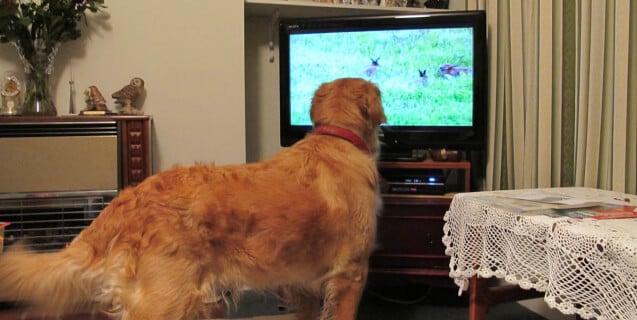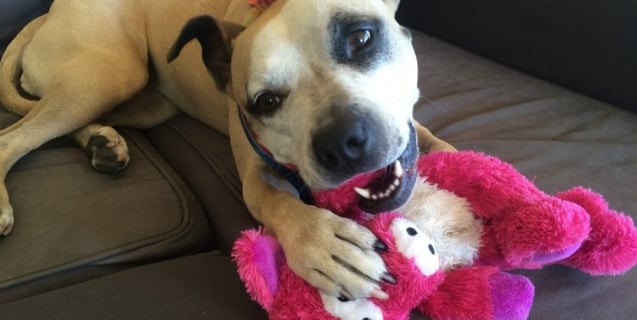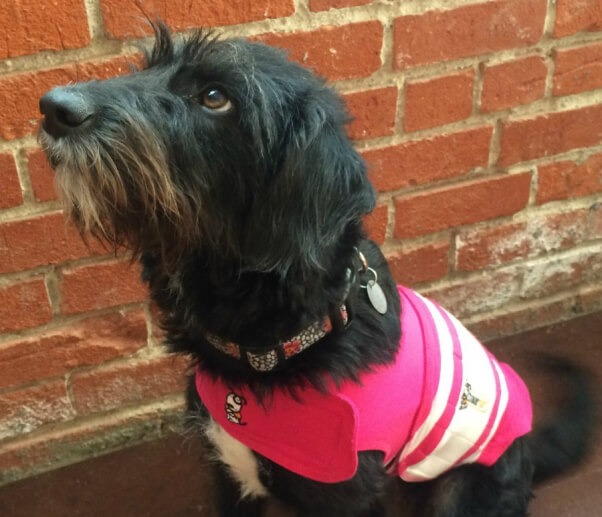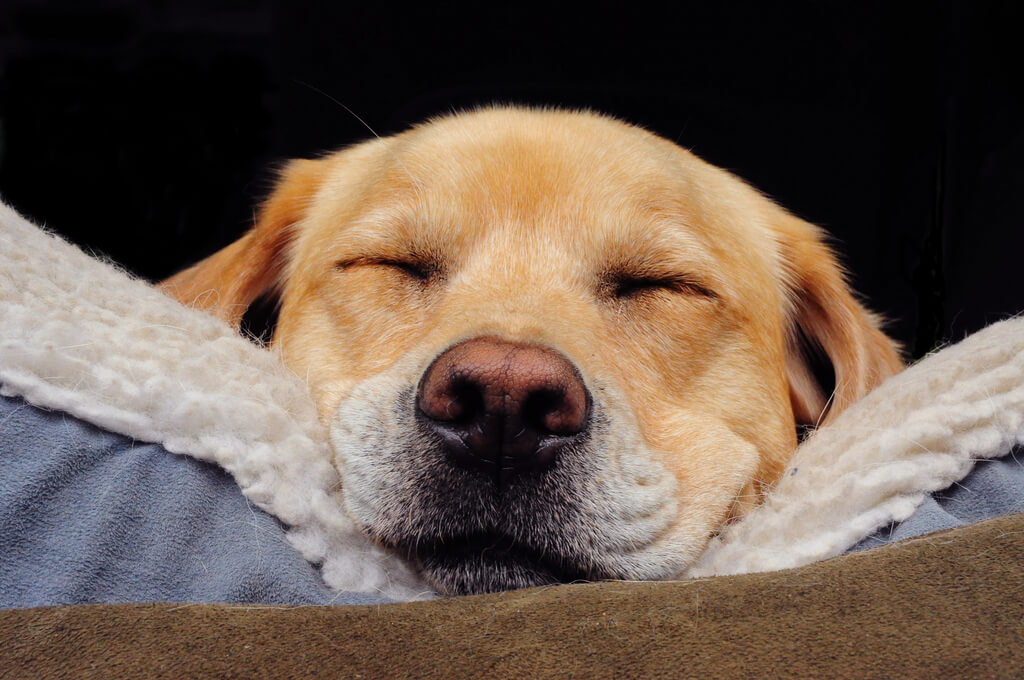Fireworks have been a traditional part of America’s Fourth of July celebrations since the Declaration of Independence was signed in 1776. But as popular as fireworks displays are, animals don’t understand that the bursts of light and deafening explosions are just for fun. To them, Independence Day seems more like the end of days!

Dogs have jumped fences, broken chains, torn through screen doors, and even leaped through glass doors—sometimes seriously injuring themselves in the process—in a desperate (and futile) effort to escape the bombardment. Not surprisingly, after fireworks displays, animal shelters report an influx of lost cats and dogs. Many animals who disappear on the Fourth of July are never found again.
Play it safe by taking the following precautions to help your animal companions survive the annual reenactment of the Revolutionary War with as little stress as possible:
1. Never take dogs to fireworks displays or leave them outside alone during fireworks. Instead, keep them (as well as cats) indoors, and if possible, stay home with them.
2. Be sure that your animals are wearing collars or harnesses with an up-to-date ID tag; a microchip would be a good idea, too, just in case (your vet can provide that).
3. Close all your windows, curtains, and blinds. Frightened dogs sometimes attempt to jump through windows, even on upper floors. Turn on a radio that’s tuned to a classical-music station, play specially designed music to calm dogs composed by Through a Dog’s Ear, or turn on the TV, window air conditioner, fan, or dehumidifier to help drown out the sound of the fireworks. When I have to leave my dog home alone, I also like to put on Relax My Dog’s YouTube Channel for hours of uninterrupted calming music.
4. Distract your dog by playing games, and be generous with treats for ignoring explosions. (In addition to being a reward, food has a beneficial effect on brain chemistry.)
5. A Thundershirt provides gentle, consistent pressure that can help both dogs and cats feel more secure and relaxed during fireworks displays and thunderstorms.
6. Melatonin (a naturally occurring hormone that can also be synthesized) works wonders to calm dogs down (the dosage is 3 mg for a 50-lb. dog—adjust the dose by bodyweight). There are also many other natural calming supplements for dogs, including herbs, homeopathics, and nutriceuticals, available at any pet supply store—you may want to try more than one to see which one works best for your dog.
It is up to us to keep our animal companions calm and comfortable. Follow the above suggestions to make your dog or cat feel safe and secure this Fourth of July, and share these tips with your friends and family, too!













